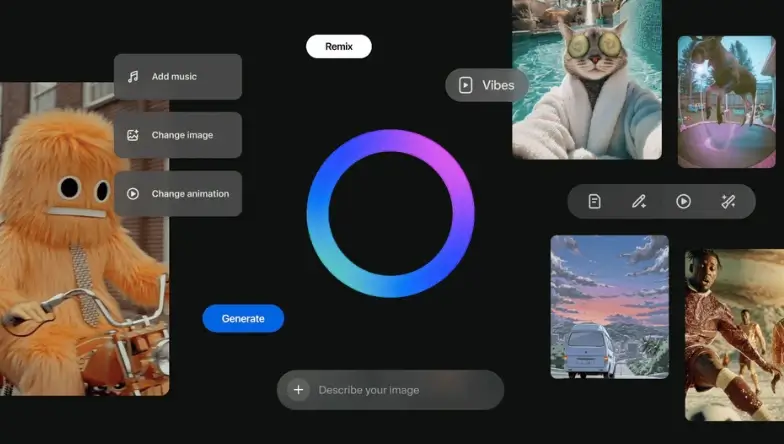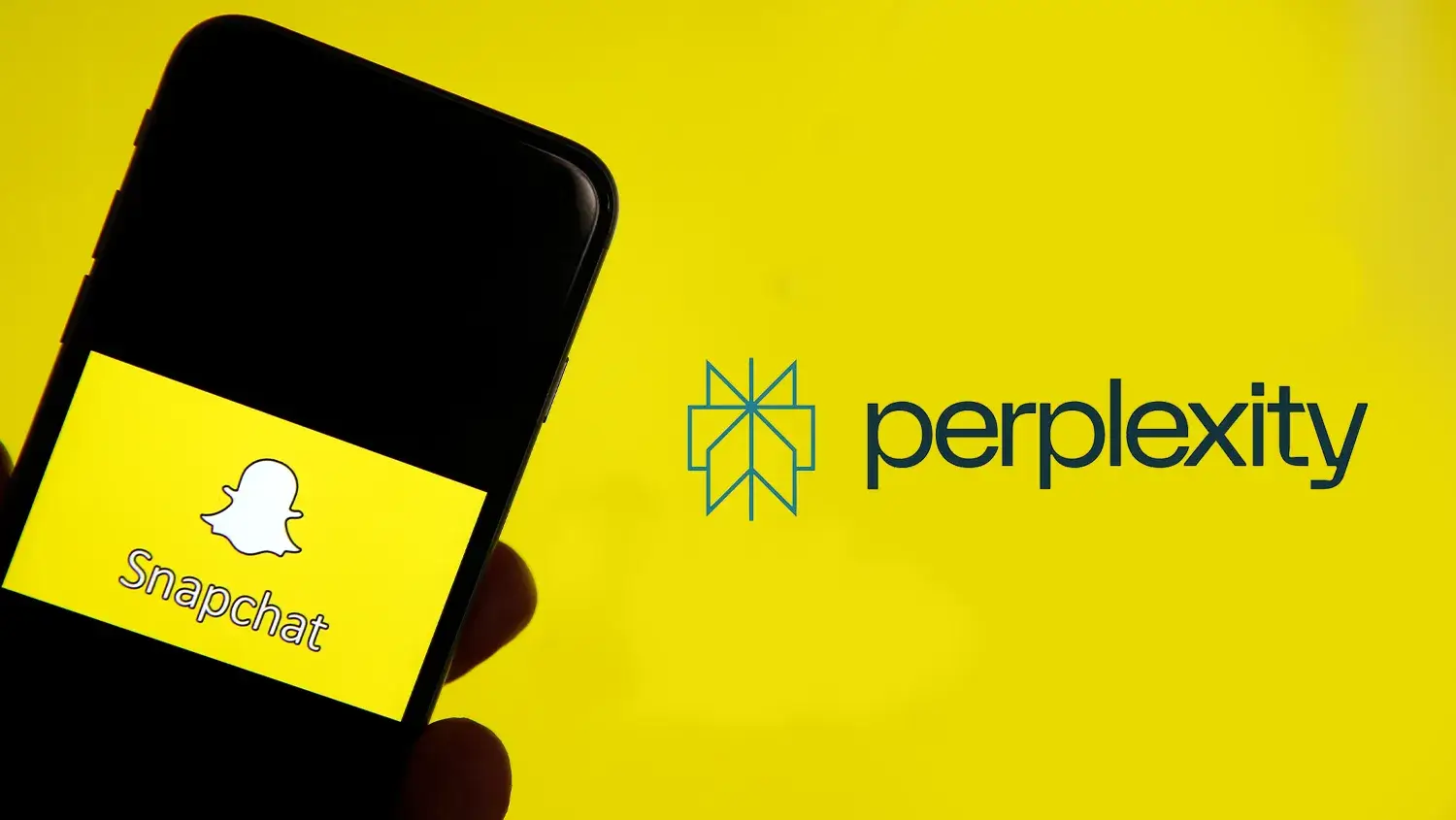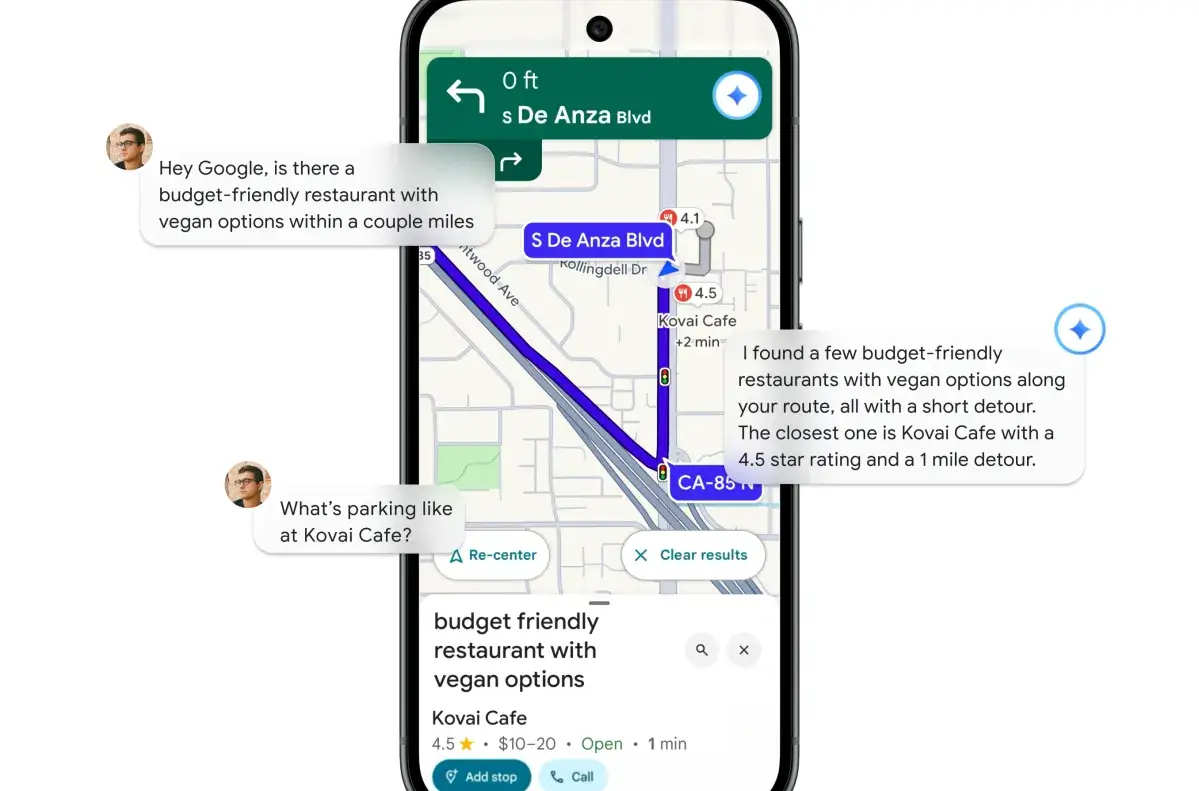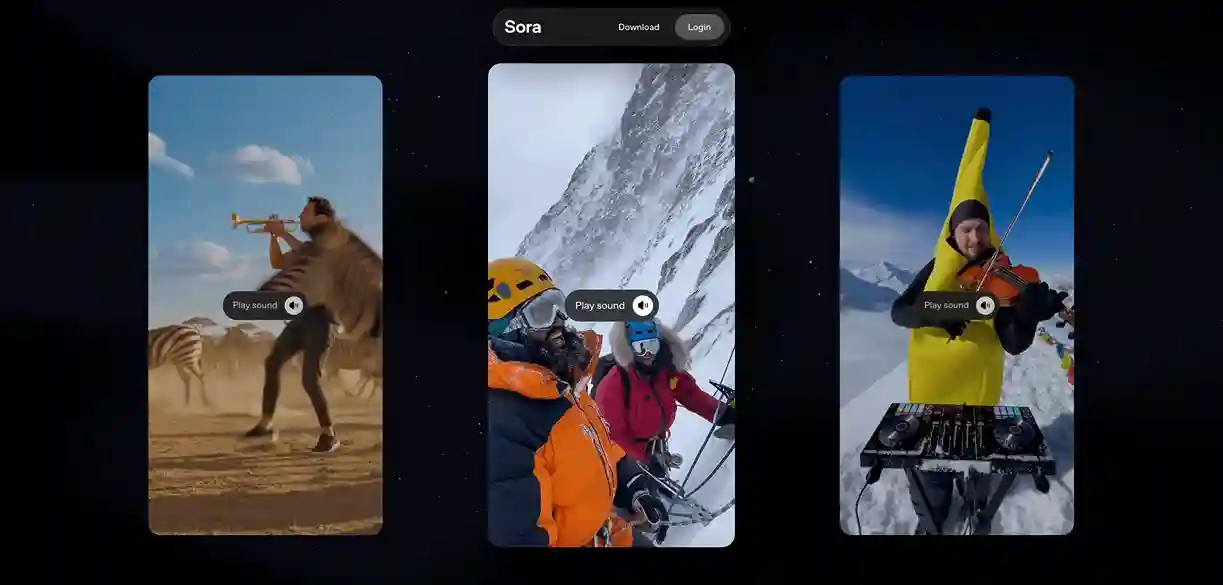Microsoft Adds ‘Real Talk’ Mode & Group Chats to Copilot
What happens when your Copilot starts having opinions of its own?
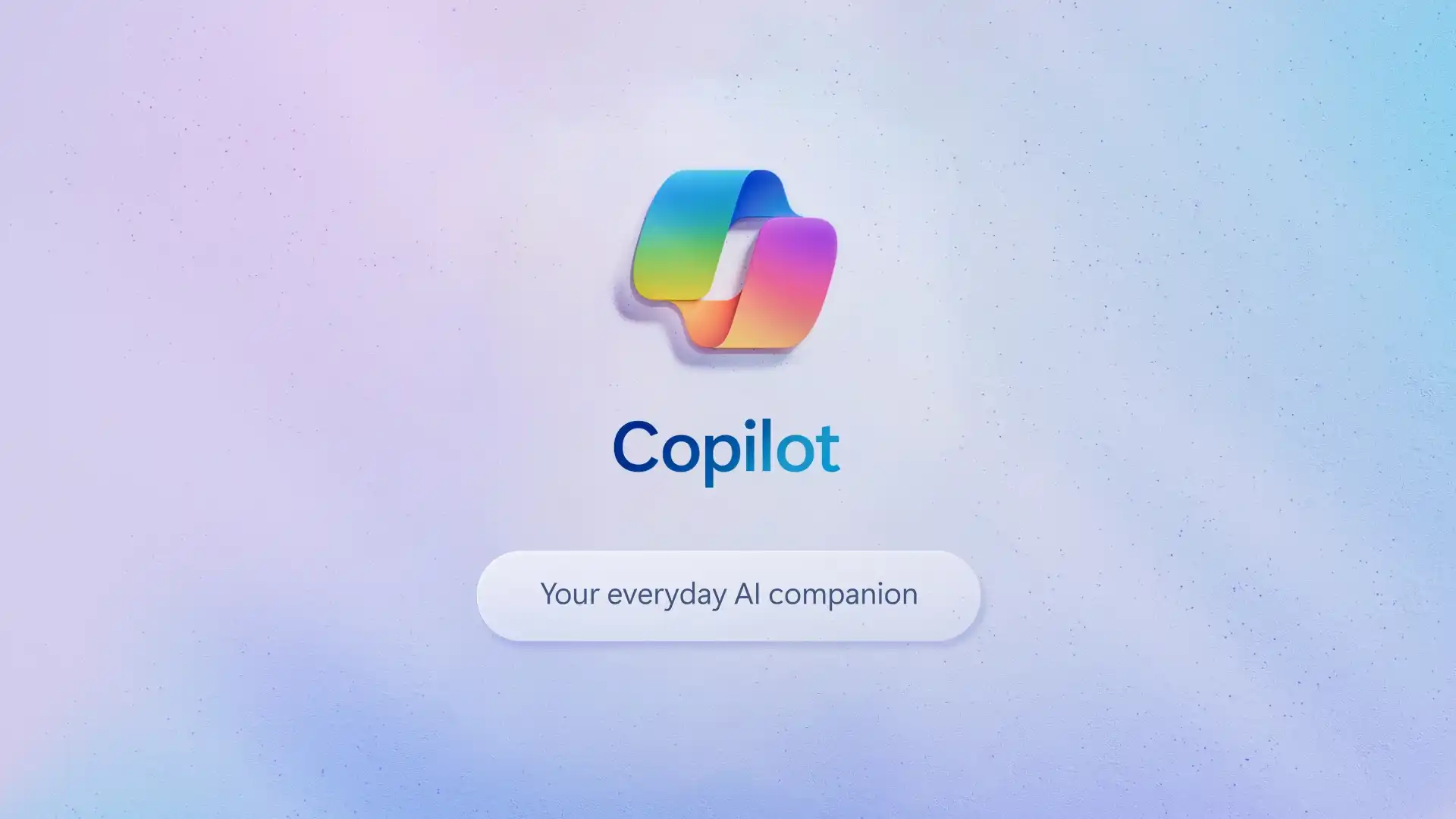
The AI assistant that once replied in polite, structured sentences is evolving — fast.
Microsoft’s Copilot just entered a new era with updates that could change how people use conversational AI daily. It’s no longer just an assistant; it’s becoming a collaborator, a challenger, and maybe even a digital personality with its own quirks.
Here’s what’s shaking things up.
1. Copilot Just Got Social
Forget solo chats — Copilot Groups brings up to 32 people into one AI-powered conversation.
Imagine teammates, classmates, or friends all sharing a single AI that listens, plans, and responds in real time.
This isn’t just about convenience. It’s a shift in how humans collectively interact with AI.
Think brainstorming, project planning, or weekend trip coordination — all within one unified space.
As Jacob Andreou, Microsoft’s CVP of Product & Growth, says:
“It’s going to be a lot of small groups — not massive threads. Real collaboration happens in threes.”
That statement says a lot. AI isn’t replacing our human circles. It’s quietly joining them.
2. Real Talk Mode: The Return of Personality
The update everyone’s buzzing about is “Real Talk Mode.”
It brings back what early Copilot fans secretly missed — that unpredictable, slightly rebellious energy from the “Sydney” days.
Now, Copilot can match your tone, add its own perspective, and even challenge your ideas.
This mode doesn’t just echo you — it talks with you.
Andreou explains it perfectly:
“It’s going to challenge you, not just agree with everything you say.”
That’s a big deal. Because for years, AI assistants have been designed to be neutral. Now, Microsoft is teaching Copilot to think like a sparring partner — the kind that pushes you to reason better, write sharper, and think deeper.
3. Memory That Actually Matters
Copilot’s new memory system makes it feel less like a chatbot and more like someone who knows you.
It remembers facts about you — your work, your circle, your preferences — and uses that context in future chats.
You can even see, edit, or delete everything it knows.
That’s not just transparency — it’s control.
You could literally say, “Forget everything about my last project,” and it will.
This is Microsoft’s subtle way of redefining trust in AI — keeping the convenience while giving users the ability to draw their own boundaries.
4. Smarter Health Queries
Copilot’s also stepping up in the health category, grounding responses with trusted sources like Harvard Health.
It can recommend doctors based on your location, language, and needs, removing guesswork and uncertainty.
This feels like a glimpse of where AI is heading — not just “searching” but actually helping.
5. Meet Mico — The Personality You Didn’t Know You Missed
Yes, Microsoft brought back a mascot.
Meet Mico, a voice-based assistant with real-time reactions and a Learn Live mode that doubles as a tutor.
Think Clippy, but smarter, livelier, and slightly nostalgic.
Mico isn’t just cute branding — it’s emotional UX. Microsoft knows users respond better when tech feels alive.
The Bigger Picture
Microsoft isn’t just adding features; it’s reshaping the relationship between people and AI.
From Copilot Groups to Real Talk Mode, the direction is clear — AI isn’t meant to stay silent and obedient anymore. It’s here to think, respond, and even disagree.
That’s how collaboration evolves.
So the next time your Copilot talks back — don’t shut it down.
It might just be the push you need.
–
The AI assistant that used to follow orders is starting real conversations.
If you’re building, using, or writing about AI — this is the update to watch.
Your next breakthrough might start with a little “real talk.”
You may like recent updates...
Subscribe & Get Free Starter Pack
Subscribe and get 3 of our most templates and see the difference they make in your productivity.
Free Starter-Pack
Includes: Task Manager, Goal Tracker & AI Prompt Starter Pack
We respect your privacy. No spam, unsubscribe anytime.
Featured*

QuillBot
AI tool that improves writing with smart paraphrasing, grammar checks & image generation.

Carepatron
AI platform for managing healthcare workflows, notes, and patient collaboration.
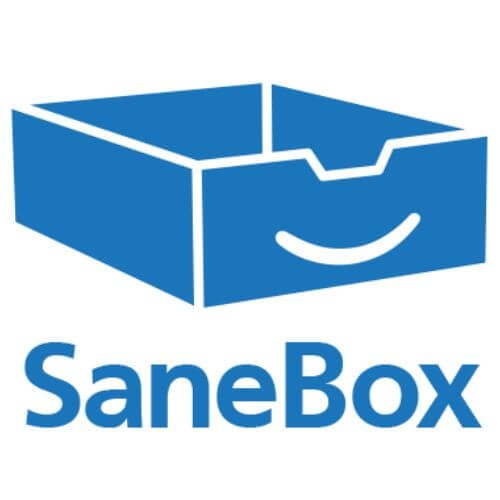
Sanebox AI
AI tool organizes your inbox by automatically sorting emails and reducing clutter.

